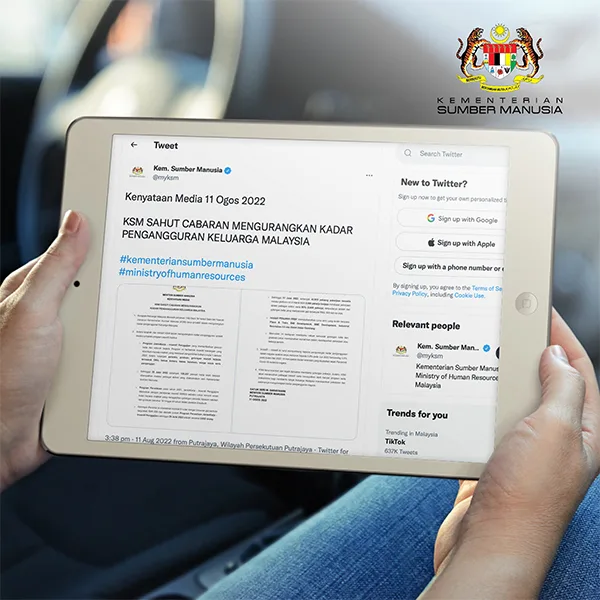Compliance with the Stamp Act 1949 is no longer optional. With the Inland Revenue Board of Malaysia (LHDN) tightening enforcement, companies that neglect proper stamping face heavy penalties, invalid contracts, and potential complications during audits.
This guide provides HR professionals, payroll officers, and business owners with the essentials of compliance, common mistakes to avoid, and best practices for managing stamping efficiently.
What Is the Stamp Act 1949?
The Stamp Act 1949 governs the payment of stamp duty in Malaysia. For HR purposes, it commonly applies to documents such as:
- Employment contracts
- Offer letters
- Confidentiality or non-compete agreements
- Service agreements with contractors
Non-compliance can lead to hefty fines and significant penalties, making proactive compliance essential.
Why HR Teams Struggle with Compliance
Many organisations overlook their obligations due to:
- Confusion over bulk stamping for high-volume hires
- Misunderstanding submission timelines
- Poor record-keeping that makes audits difficult
Understanding these challenges is the first step to building an efficient and compliant HR workflow.
Understanding Stamp Duty Requirements
Stamp Duty Rates
- Employment agreements: RM10 flat rate per contract
- Service agreements: Based on the contract’s stated value
Stamping Timeline
All relevant documents must be stamped within 30 days of signing in Malaysia or within 30 days of receipt if signed overseas.
Leveraging Digital Tools: The LHDN STAMPS Portal
The LHDN STAMPS portal streamlines the stamping process and allows HR teams to:
- Submit contracts online
- Make payments digitally
- Store records electronically for future audits
For companies hiring in bulk, the portal also supports XML file uploads to save time and reduce errors.
Best Practices for Ongoing Compliance
- Audit stamped documents regularly to ensure accuracy and completeness
- Train HR staff on the latest LHDN updates and processes
- Implement standardised workflows for stamping during employee onboarding
- Monitor submission timelines closely to avoid late penalties of up to 300%
Frequently Asked Questions (FAQ)
1. Do all employment contracts need to be stamped?
Yes. Most employment contracts require stamping, typically at RM10 per contract, unless specifically exempted by LHDN.
Reference: LHDN Stamp Duty Portal – First Schedule
2. What happens if I miss the 30-day stamping deadline?
Non-compliance can lead to hefty fines and significant penalties. Taking prompt action can help minimise the risk.
Reference: Stamp Act 1949 – Section 47 & 48
3. Can HR teams handle bulk stamping without technical skills?
Yes. The LHDN portal allows bulk uploads, and with proper guidance, even non-technical teams can manage it efficiently.
Reference: LHDN STAMPS User Guide
4. How often should stamping processes be reviewed?
At least once a year or whenever there are updates to LHDN guidelines or changes in your company’s hiring process.
Reference: LHDN Stamp Duty Guidelines
Stay Ahead with Stamp Act 1949 Compliance
By prioritising compliance, your organisation can avoid unnecessary legal risks while building credibility and operational efficiency. Staying updated on regulations and leveraging digital tools ensures your HR processes remain smooth and audit-ready.
Take the next step: Join our upcoming workshop to gain practical, hands-on guidance and ensure your HR documentation is fully compliant.
Browse more training at Malaysia’s First-Ever Training Marketplace.
Explore workshops, certification programmes and practical courses that tackle the real challenges teams face.








